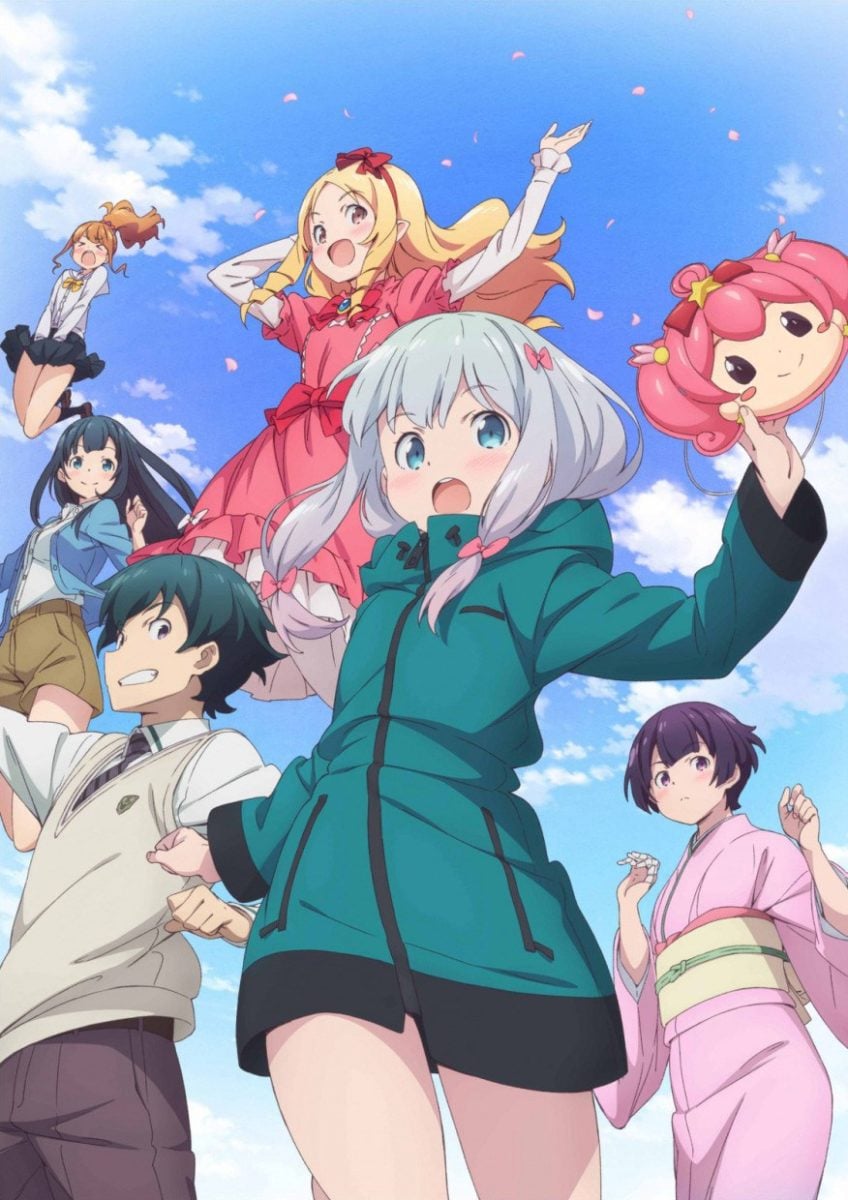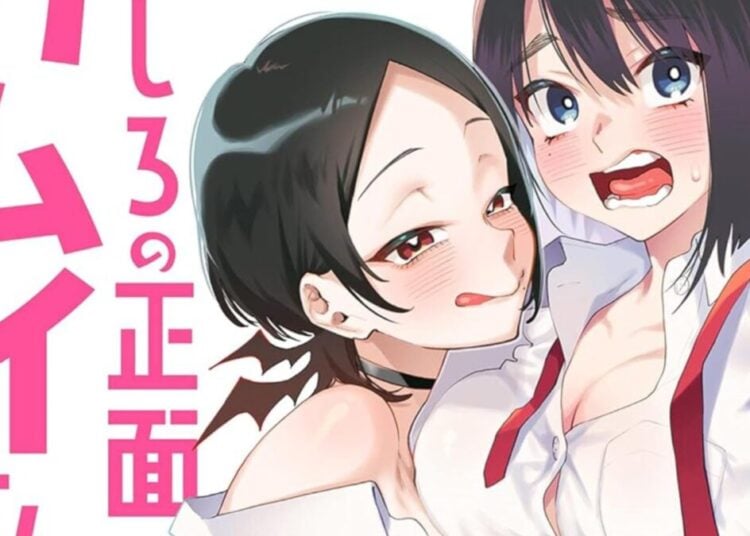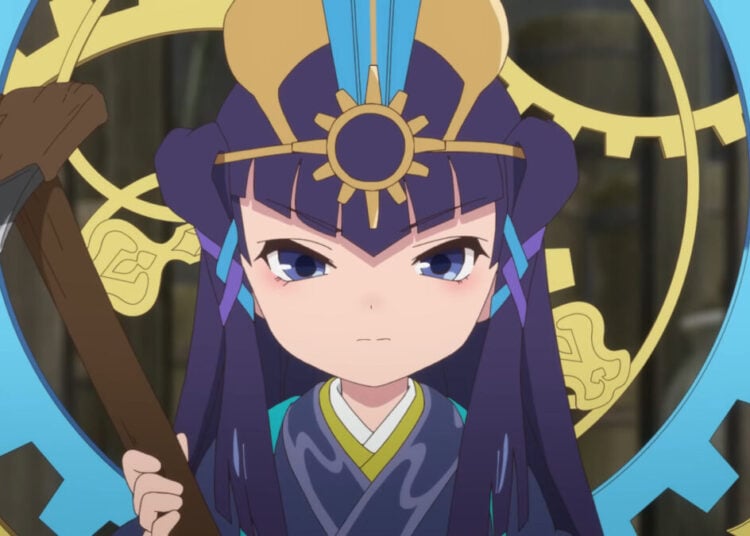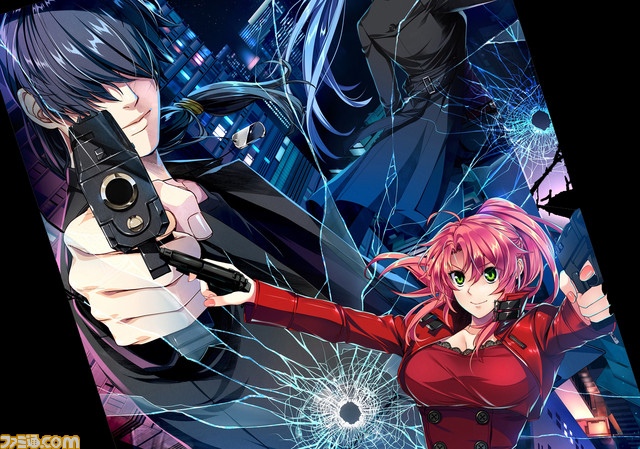Australian Senator Seeks to Push for Censorship of Anime and Manga over “Child Exploitation”

Recently, Senator Stirling Griff of South Australia spoke before the Australian Parliament. In no uncertain terms, he not only expressed concern over supposed “child exploitation” in anime and manga, but also all but called for their censorship. While this might seem like a bizarre throwback to another time, as reported by Bounding into Comics, this only happened on February 25th of this year.
The speech itself, along with video footage of what happened, is publicly available for everyone to see. And it doesn’t take long for the politician in question to push outright falsehood:
Anime is a style of Japanese animation and manga are the graphic novels which serve as the basis for anime. They both share a unique visual style and they are popular the world over, especially amongst teenagers. But there is, unfortunately, a dark side and a disgusting side to anime and manga, with a significant proportion of the two media featuring child abuse material. They contain depictions of wide-eyed children, usually in school uniforms, engaged in explicit sexual activities and poses, and often being sexually abused.
Experts that advocate against child exploitation have referred to this type of anime and manga as a gateway to the abuse of actual children. Experts also say that explicit anime and manga can be used by paedophiles as tools to groom children. It makes me sick to the stomach to even speak about this.
Incredibly, in Japan the definition of child abuse material specifically excludes child porn anime and manga, as these media don’t include real children. Chaku ero, which means erotically clothed, is a type of child exploitation material that features sexualised images of actual children and it remains legal in Japan as long as it doesn’t involve full nudity. So sexualised images are legal, provided they don’t involve full nudity. How does that work? Every expert combating child exploitation will tell you that this is very wrong.
https://www.youtube.com/watch?v=XlUzrMfYgXI
Video by YouTuber Allonsyyy discussing the speech, showing relevant sections of the Australian Parliament footage itself. Circa 2020. (Source: YouTube)
Sen. Griff specifically targeted works such as Sword Art Online, Eromanga Sensei, No Game No Life and Goblin Slayer as purported proof of how “disturbing” the issue seemingly is. Which he then used to justify censorship, outright banning the aforementioned anime shows, and extending the mandate of Australia’s Classification Board to cover “explicit manga graphic novels” as well. He also closed his spiel with this, evidently not content to simply confine his crusade within the country:
…I’ve also written to the Japanese justice minister in relation to these issues. I expressed my hope that the Japanese government will open its eyes to the insidious effect of these materials and take action to put the best interests and safety of children above all. South Korea has managed to ban anime and manga of images of child sexual abuse. The safety and wellbeing of children in Australia must be a paramount consideration for all of us in Australia and across our borders.
Whether this surreal piece of political theater was done to appeal to moral guardians and the senator’s constituents, or a cynical attempt to garner support, it’s no surprise that this call to action has been quickly met with shock and ridicule. Nonetheless, the Classification Board, in a recent statement in response to the speech, ultimately appears to be generally supportive of the move:
Regarding comic books, only submittable publications are required to be classified. The Board classifies submittable publications in accordance with the Guidelines for the Classification of Publications. It is the responsibility of distributors of comic books to decide if the comic book should be classified. States and territories are responsible for classification enforcement legislation which includes offences for selling an unclassified submittable publication.
The Board is aware that a campaign has been launched about the sale of Japanese manga and anime in Australia and that in the context of the Government’s Review of Classification Regulation this issue has been raised. The Board welcomes this review.
Then again, it doesn’t take much effort to debunk those rationales for sparking moral outrage, or to see how Australia has more pressing concerns than to rehash a tired narrative.















